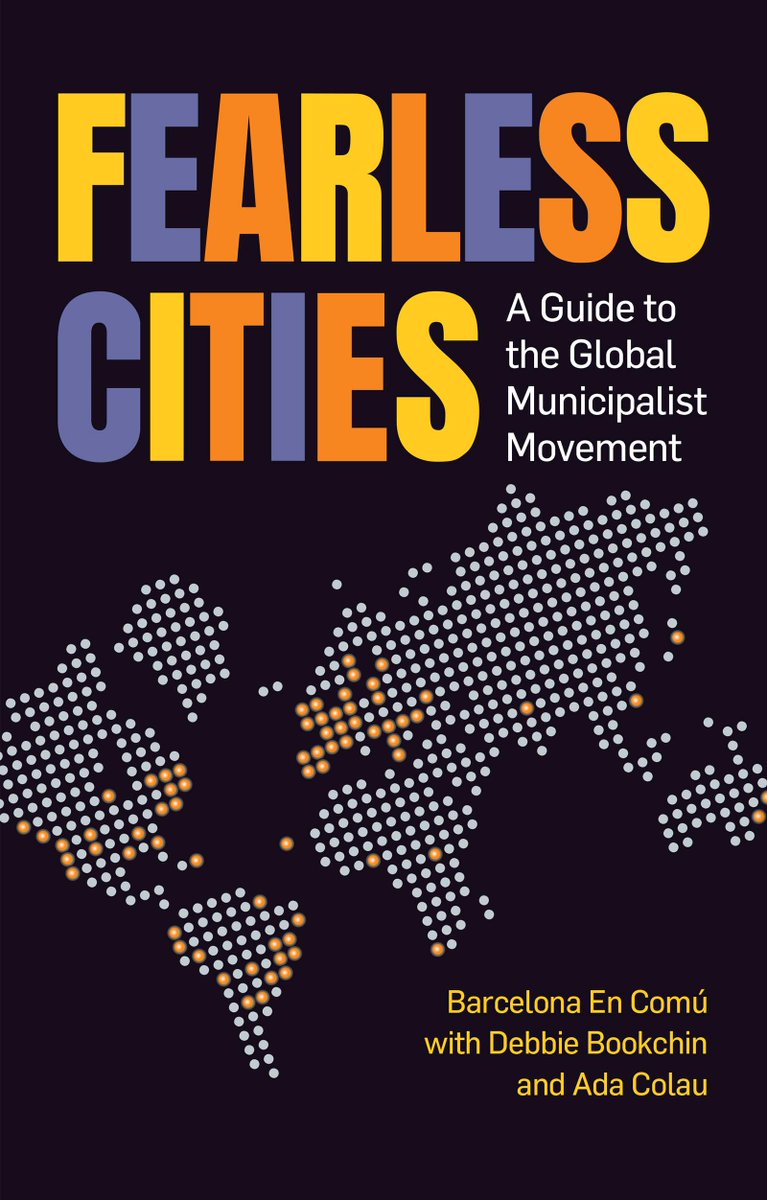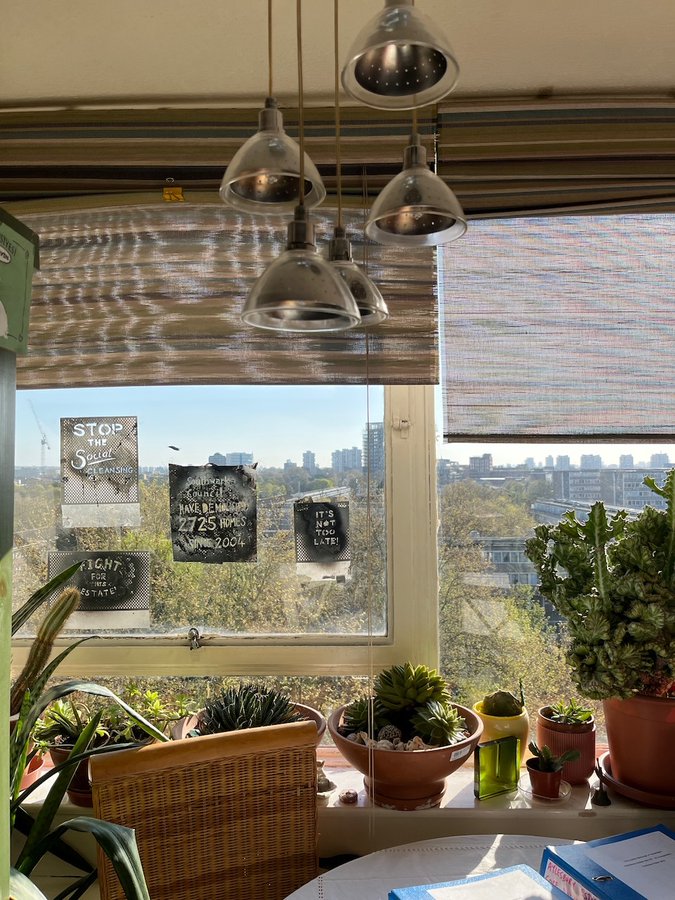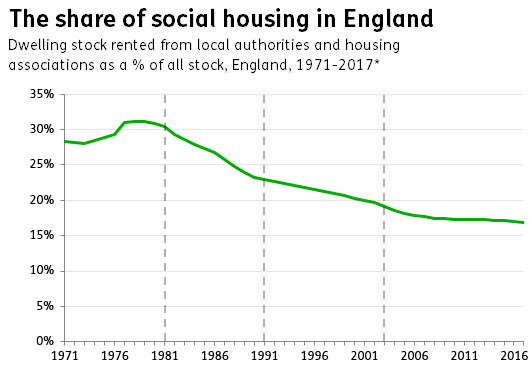#MunicipalistMonday 🧵 profiles @bcnencomu. For 8 years they've shown how through municipalism a feminist, democratic & egalitarian city is possible.
Looking to 28 May elections, here's some of Barcelona's many social & ecological transformations.
#28m
#eleccionesmunicipales23
Looking to 28 May elections, here's some of Barcelona's many social & ecological transformations.
#28m
#eleccionesmunicipales23

In 2017, @bcnencomu created Spain's largest public energy company Barcelona Energia (@bcn_energia) It provides renewable-generated, affordable & democratic energy.
eldiario.es/catalunya/barc…
En Comu's next steps are a public water company.
#Remunicipalisation
#ClimateChange
eldiario.es/catalunya/barc…
En Comu's next steps are a public water company.
#Remunicipalisation
#ClimateChange

Barcelona blazes trails towards a greener city, with fewer cars, more & better organised public transport & cycle lanes. Areas near schools are pacified & city-wide roads – once dominated by cars – are transformed into streets, with instead space for people through #superblocks. 



Barcelona city hall has an anti-eviction unit, which supports tenants by negotiation to prevent & stop evictions. Other En Comu policies include supporting social/ co-operative housing, & fining property speculators owning empty properties.
lavanguardia.com/local/barcelon…
lavanguardia.com/local/barcelon…
Barcelona has created a municipal dentist service open to all citizens at reduced prices. En Comu and the city council are resisting a legal challenge against this service, brought by for-profit medical interests.
elpais.com/espana/catalun…
elpais.com/espana/catalun…
.@bcnencomu has connected muncipalist momentum globally. Starting 2017, with the #FearlessCities convergence organised by En Comu's int. committee, @BComuGlobal, followed from Warsaw to New York, Brussels to the Balkans.
😍😍Read the book(s)
fearlesscities.com/en/book
@newint
😍😍Read the book(s)
fearlesscities.com/en/book
@newint

Fearless cities are feminist cities; it's time to Feminise Politics Now! 💜💜
Written by participants from @bcnencomu collaborating with other kick-ass feminists – from @mareatlantica @ZagrebJeNas @nedavimobgd @l_asilo_ and #M129
👉🏼👉🏼rosalux.eu/en/article/158…
Written by participants from @bcnencomu collaborating with other kick-ass feminists – from @mareatlantica @ZagrebJeNas @nedavimobgd @l_asilo_ and #M129
👉🏼👉🏼rosalux.eu/en/article/158…
Bcn En Comu's journey "has produced profound lessons for those who travelled from movements to institutions to try to make such shifts — and therefore it will remain fruitful ground for study for others looking to transform their own cities."
wagingnonviolence.org/2023/05/lesson…
@wagingnv
wagingnonviolence.org/2023/05/lesson…
@wagingnv
• • •
Missing some Tweet in this thread? You can try to
force a refresh






















